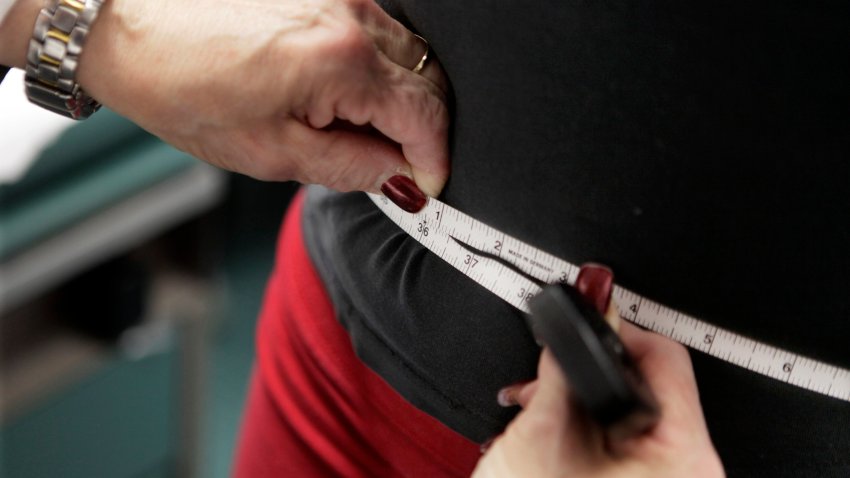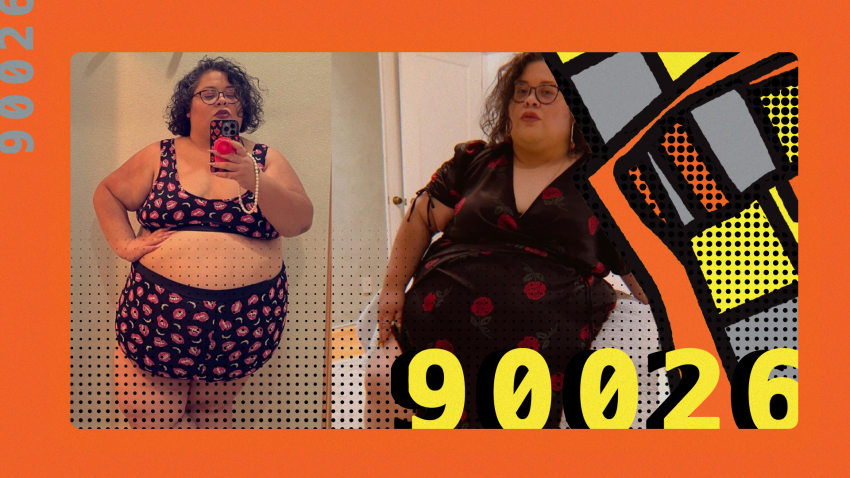-

New weight loss drugs are out of reach for millions of older Americans because Medicare won't pay
Obesity drugs like Wegovy and Zepbound show promising results but remain out of reach for millions of older Americans because Medicare won’t pay.
-

Even If You Regain Some, Losing Weight Is Good for the Heart
Losing weight — even if some pounds are gained back — may help your heart over the long term, according to a study published Tuesday in the journal Circulation: Cardiovascular Quality and Outcomes.
-

How We Talk About Obesity in the Latino Community
“Folks’ hatred for my fatness has harmed me much more than my own fatness has,” poet laureate Yessica Salgado said.

